Page Contents
1. Introduction:
In the current scenarios, not only in the big cities but also in the small cities and towns in every state, development activities are carried out and are termed as real estate activities in which the buildings are constructed by the contractors for residential as well as commercial purposes. These contractors are professionally called as the developers. Nowadays, residential dwelling are being constructed in a manner in which the landowner transfer the land development rights to the developer. These rights conferred under a collaboration agreement or joint development agreement whereby the land owner gives a limited right over land such as right to construct, own and sell the superstructure to developer.
Such land development rights are granted in consideration that the developer will transfer the share of the constructed area (flats/houses/shops) or revenue or profit derived from the sale of the constructed units on the land.
Taxability of transfer of the land development rights by the landowner has always been a subject matter of the dispute under the erstwhile regime of the service tax wherein department used to contend that the transfer of development right shall qualify as service leviable to service tax, unless such rights are transferred through registered document and same issue has been carried forward in the GST also.
The series of the transactions made during the Joint Development agreement can be easily understandable with an example i.e. Mr X is having a land measuring 50 acre in the city of Pune on which wants make a house/flats/shops but he does not have adequate funds to construct a house on it. His friend, Mr. Y given a nice idea to him in which he is required to spend single penny of him and house/flats will also constructed. His friend given a idea that he should enter into a joint development agreement with a developer in which Mr X has to transfer his land to the Developer and developer will construct flats on the same land and after the construction, developer will transfer the agreed no. of flats to the land owner i.e. Mr X.in consideration of the transfer of the
Before moving towards the taxing the joint development agreement, we should first understand series of the transaction occurs in this agreement and questions important in the context of GST which are as follows:
A. Transfer of the land by the landowner to the developer & GST rate to be charged?
B. Transfer of the part of constructed structure to the land developer
a. Rate of the GST to be discharged on the construction service?
b. Time of the supply of the construction service?
c. Value of the Flats on which GST is to be charged?
2. Taxability of the each transaction under the joint Development agreement
A. Transfer of the land by the landowner to developer:
Under GST Regime, to levy the GST on any of the activity, the activity should falls under the definition of the “supply” which defined under the section 7 of the CGST Act which inter-alia includes all the forms of the supply of goods or services or both such as sale, transfer, barter, exchange, licence, rental or lease or disposal made or agreed to be made for a consideration by a person in the course or furtherance of the business”. The definition of the supply covers all the forms of the supply including the transfer of the land.
But CGST Act includes the Schedule III which includes the some specific transactions or activities which shall not be treated neither a supply of the goods nor a supply of the services. Para 5 of this schedule specifically includes the sale of the land. Therefore, the sale of the land will not subject to GST and there is no question of the ascertainment of the rate of GST on it.
B. Taxability of the Construction service and transfer of the part of the constructed structure to the landowner:
First, we should look into the transaction of the construction of the flats by the Developer: The construction service provided by the developer is taxable supply under the CGST Act under section 7. As per Para-5 clause (b) of the schedule II of the CGST Act provides that construction of a complex, building, civil structure or part thereof including a complex or building intended for the sale to a buyer, wholly or partly, except where the entire consideration has been received after the issuance of the completion certificate, where required by the competent authority or after its first occupation whichever is earlier shall be treated as supply of the service.
i. Competent Authority: As per explanation 1 of the clause b of the para 5 of the schedule II of the CGST provides the meaning of the Competent Authority as the Government or any authority authorised to issue completion certificate under any law for the time being in force and in case of non-requirement of such certificate from such authority, from any of the following, namely:—
1. An architect registered with the Council of Architecture constituted under the Architects Act, 1972; or
2. A chartered engineer registered with the Institution of Engineers (India); or
3. A licensed surveyor of the respective local body of the city or town or village or development or planning authority;
ii. Construction – Meaning – As per explanation 2 of the clause-b of the schedule II of the CGST Act provides the meaning of the “construction” includes additions, alterations, replacement or remodelling of any existing civil structure.
3. Classification of the Service & GST rate applicable on it.
| SI No. | Chapter, Section or Heading | Description of Service | Rate (Parcent.) | Condition |
| (1) | (2) | (3) | (4) | (5) |
| 3 | Heading 9954 (Construction Services) | (i) Construction of a complex, building, civil structure or a part thereof, including a complex or building intended for sale to a buyer, wholly or partly, except where the entire consideration has been received afterissuance of completion certificate, whererequired, by the competent authority or afterits first occupation, whichever is earlier. (Provisions of paragraph 2 of this notification shall apply for valuation of this service) | 9 | – |
Explanation 2: In case of supply of service specified in column (3), in item (i); sub-item (b), sub-item (c), sub-item (d), sub-item (da) and sub-item (db) of item (iv); sub-item (b), sub-item (c), sub-item (d) and sub-item (da) of item (v); and sub-item (c) of item (vi), against serial number 3 of the Table above, involving transfer of land or undivided share of land, as the case may be, the value of such supply shall be equivalent to the total amount charged for such supply less the value of transfer of land or undivided share of land, as the case may be, and the value of such transfer of land or undivided share of land, as the case may be, in such supply shall be deemed to be one third of the total amount charged for such supply.
Explanation. –For the purposes of this paragraph, “total amount” means the sum total of,-
(a) consideration charged for aforesaid service; and (b) amount charged for transfer of land or undivided share of land, as the case may be including by way of lease or sublease.
Therefore, the rate of the GST on the construction service shall be 18% less cost of the land which is deemed to one-third as per the explanation. So, effectively, rate of GST will 12%.
4. At what event, GST is levied:
as per the aforesaid provisions, if the consideration is received fully or partly prior to the issuance of the completion certificate or its first occupation, then GST shall be required to pay.
If however, the entire consideration is received after obtaining the building completion certificate, it would amount to the sale of the ready flat or shop or industrial unit, hence such activity will not chargeable to GST.
5. Time of supply of the construction service:
The Central Govt. Vide Notification No. 4/2018 – Central Tax (Rate), Dated 25-01-2018, has notified time of supply of goods or services or both in case of the registered persons namely:-
(a) registered persons who supply development rights to a developer, builder, construction company or any other registered person against consideration, wholly or partly, in the form of construction service of complex, building or civil structure; and
(b) registered persons who supply construction service of complex, building or civil structure to supplier of development rights against consideration, wholly or partly, in the form of transfer of development rights.
As per the aforesaid Notification, liability to pay central tax on the supply of the said services, on the consideration received in the form of construction service referred to in clause (a) above and in the form of development rights referred to in clause (b) above, shall arise at the time when the said developer, builder, construction company or any other registered person, as the case may be, transfers possession or the right in the constructed complex, building or civil structure, to the person supplying the development rights by entering into a conveyance deed or similar instrument (for example allotment letter).
6. Valuation of the Flats:
The GST has to be charged on the transaction value of the supply of the services as per the section 15 of the CGST. But, In the present case, the value of the land or development rights cannot be ascertained. So, the value of flats or constructed area is valued in terms of section 15(4) of the CGST read with the rule 27 of the CGST rules which reads as under:
Rule 27. Value of supply of goods or services where the consideration is not wholly in money.-
Where the supply of goods or services is for a consideration not wholly in money, the value of the supply shall,-
(a) be the open market value of such supply;
(b) if the open market value is not available under clause (a), be the sum total of consideration in money and any such further amount in money as is equivalent to the consideration not in money, if such amount is known at the time of supply;
(c) if the value of supply is not determinable under clause (a) or clause (b), be the value of supply of goods or services or both of like kind and quality;
(d) if the value is not determinable under clause (a) or clause (b) or clause (c), be the sum total of consideration in money and such further amount in money that is equivalent to consideration not in money as determined by the application of rule 30 or rule 31 in that order.
As per the aforesaid legal provisions of the CGST Rules, the value of the constructed flats or area supplied by the developer to the land owner in consideration of the supply of the development rights would be equal to the value of the similar flats or area sold by the developer at the same period of time.
In case, there is change in the prices of flats or constructed area over the period of sale from the first sale to the last sale made by the developer, the value of the similar flats as are sold to the date nearer to the date on which land is being made available for construction should be used for arriving at the value for the purpose of tax.
GST would be liable to be paid by the developer on the “construction service” involved in the flats to be given to the land owner at the time of the possession of the property / flats has been transferred to the land owner by entering into a conveyance deed. Ex. Allotment letter as provided under Notification No.4/2018-Central tax (Rate).





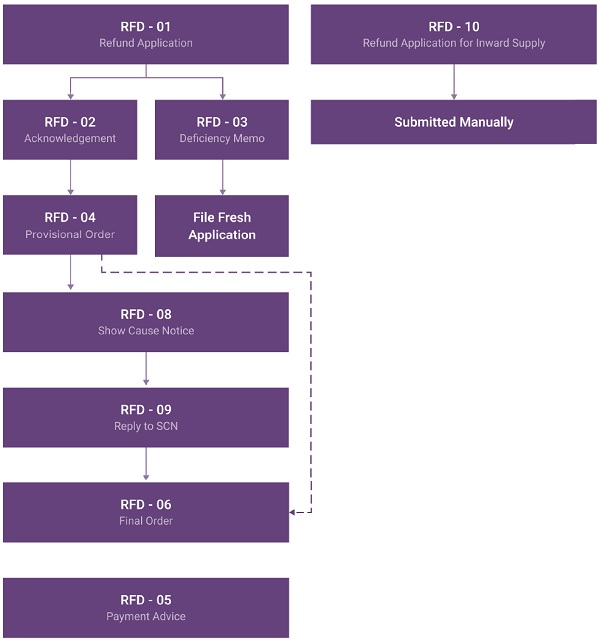
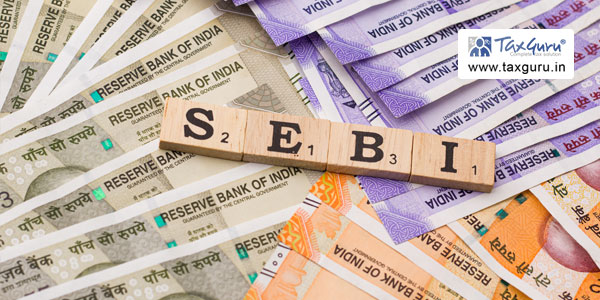

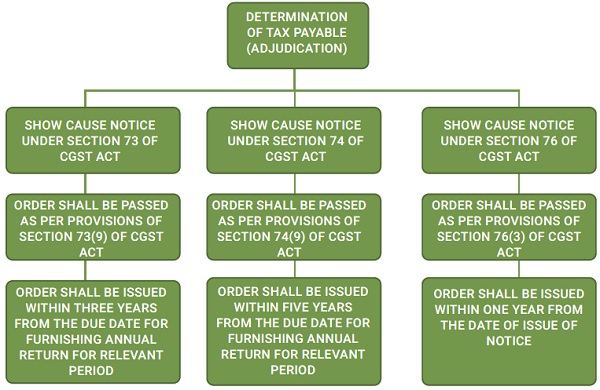
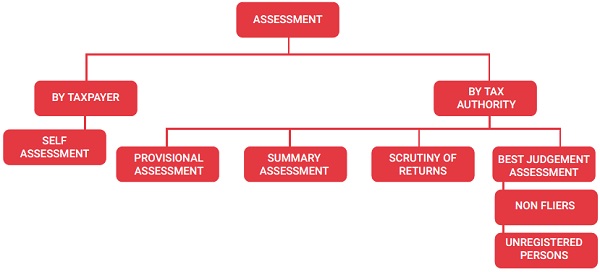
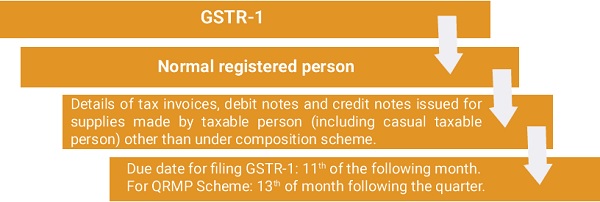
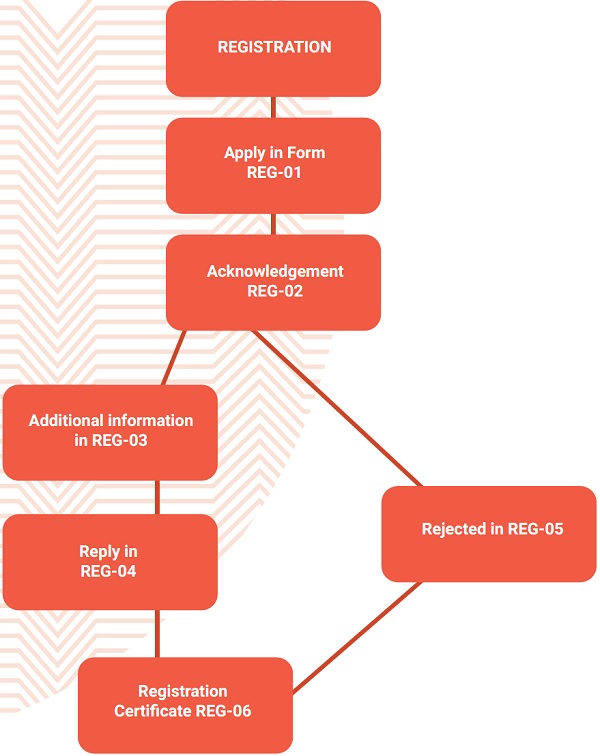
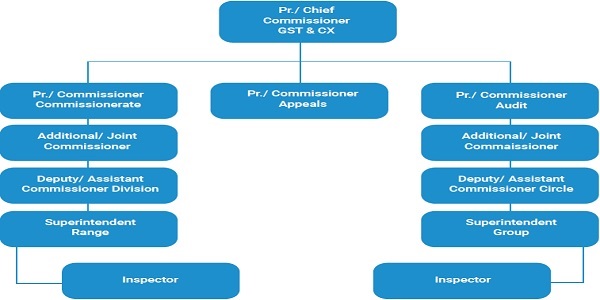







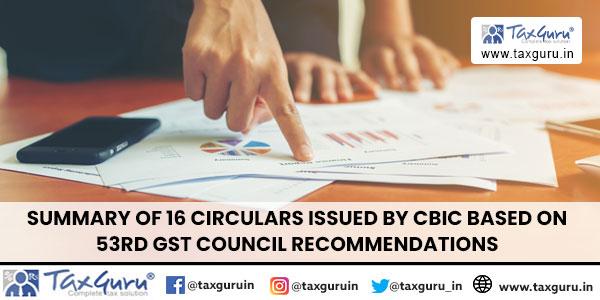
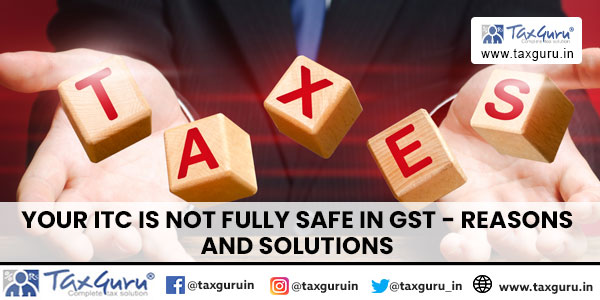
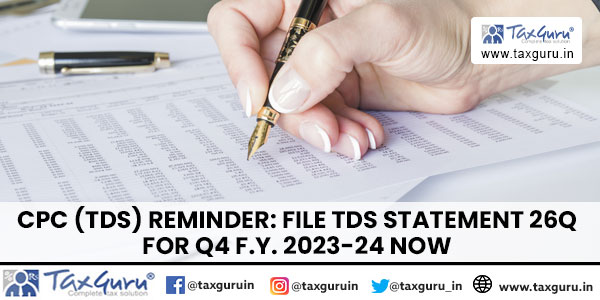









OFFHAND
The writer will do well, for the ‘common good’ of one and all concerned, inclusive of self, to review and revise, if so convinced, in the light of the case law- among othgers the SC Judgments on the correct inerpretation and legal implications of mainly sec 53A of the TP Act.
For clues, refer the FEED-input suppled on FB .
courtesy
I think the valuation part needs to be looked into
GST shall be payable on similar services offered. Hence only the value of construction shall be taxable for the units allotted and not the entire value of flats.
Moreover, the landlord would have input of the same and he may set off the same if he sells the flats before completion